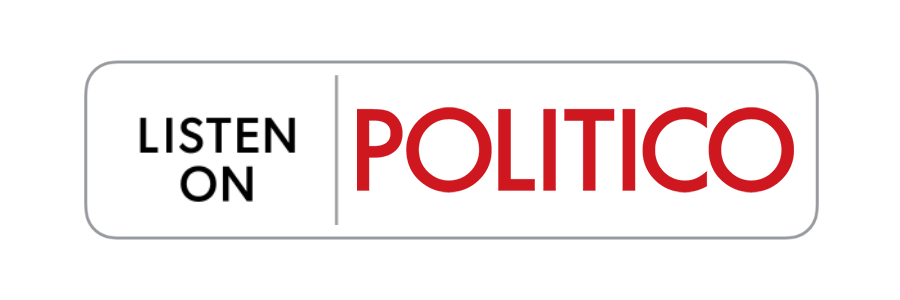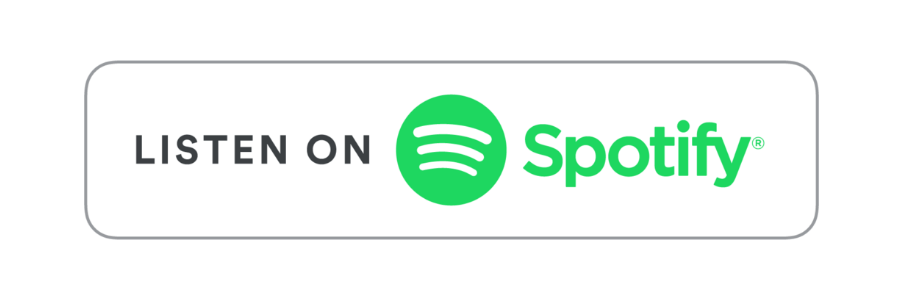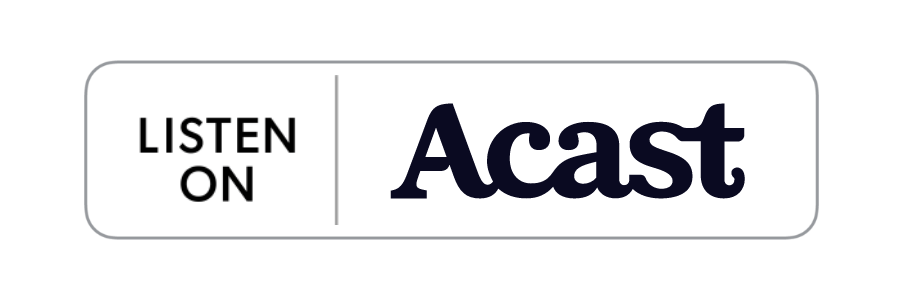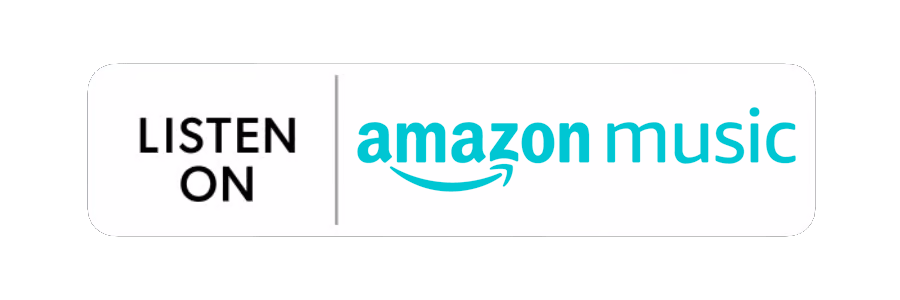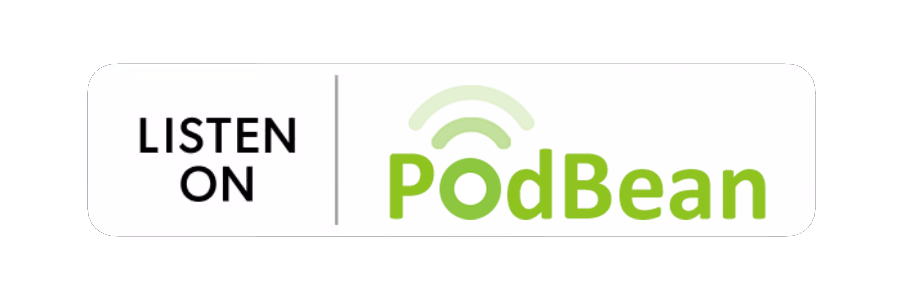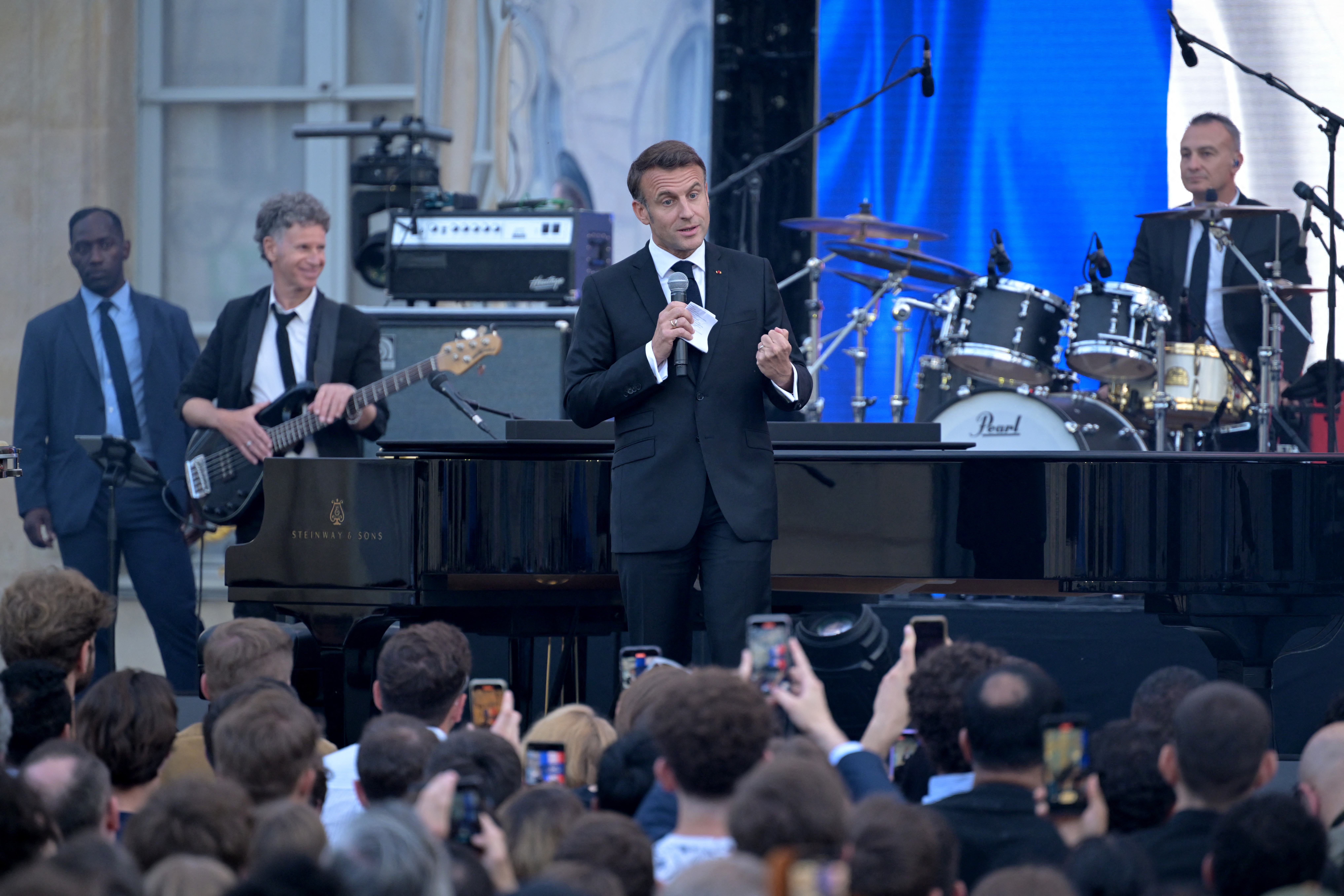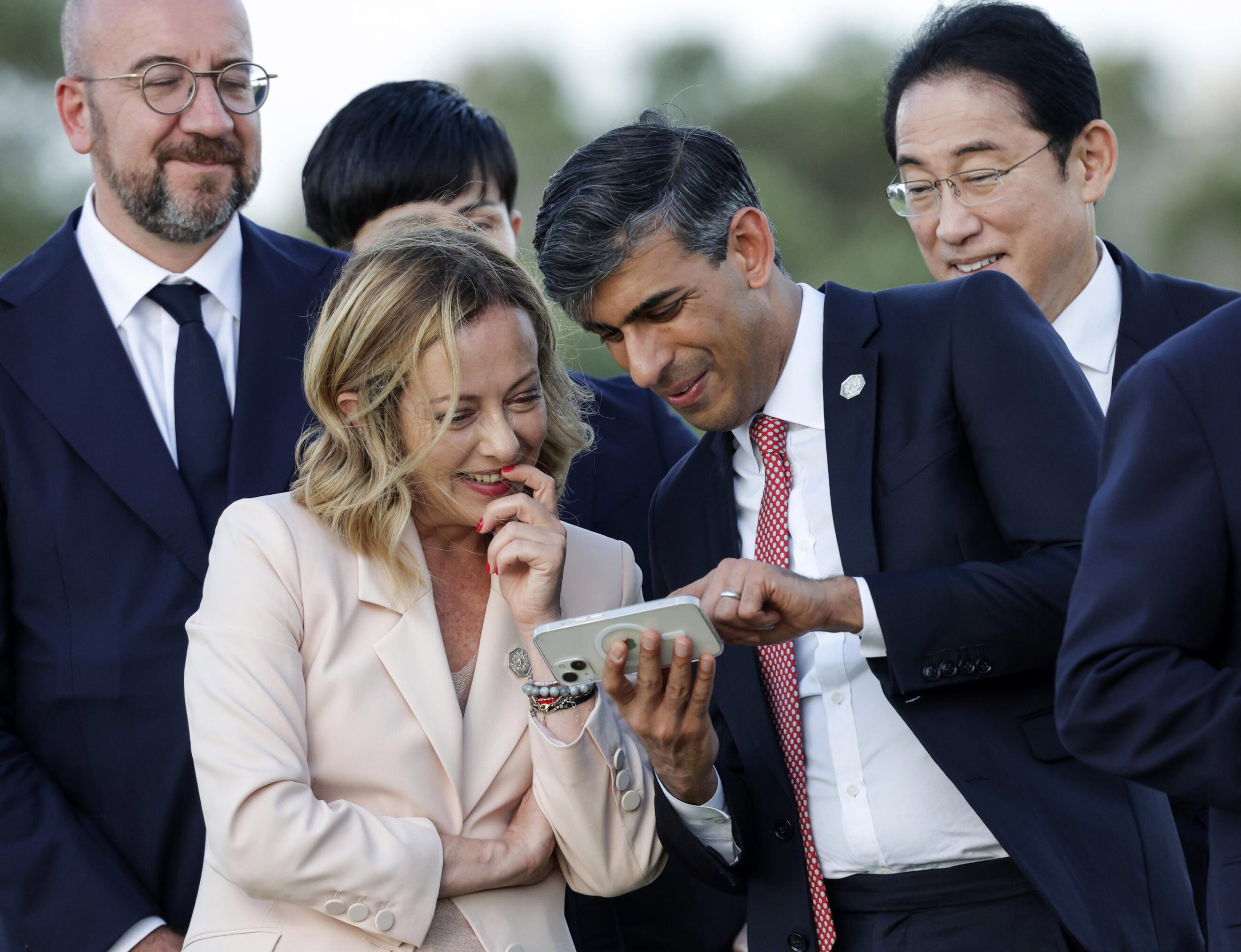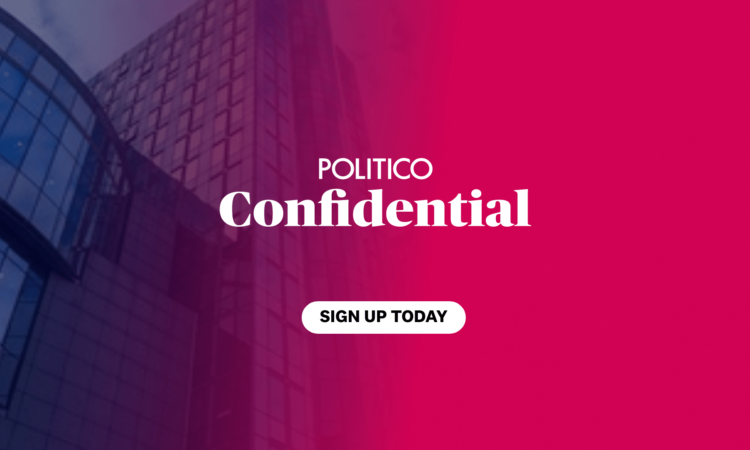
 |
By JAMIL ANDERLINI
Dear readers,
Elections, elections as far as the eye can see and still many more to come. Perhaps a little counter-intuitively, I have been trying to balance the intensity of our excellent election coverage with more contemplative personal exploration over the last couple of weeks.
For a publication that covers the political sausage-making process so intensely, it can sometimes be hard for us to step back and assess the grand sweep of history we are living through. It can also be hard to explain these events and put them in context for those outside each of the bubbles we work in — from Washington to Sacramento to Brussels, Westminster, Berlin and Paris.
As part of my efforts to do this, I spent last weekend in the magical town of Venice with a group of academic philosophers and public intellectuals discussing everything from the Levi Framework (named after the brilliant political scientist Margaret Levi, who was in attendance) to the Diagne Hypothesis (named for the illustrious philosopher Souleymane Bachir Diagne, who was also present) and the meaning of Universalism in a post-Eurocentric world.
Ideas the size and sublimity of solar systems washed over me for two days and I left feeling both refreshed and exhausted from all the intellectual gymnastics. Connecting these abstract discussions to the state of daily politics in Europe is not the easiest task but I think we made a fair effort and I plan to continue many of the conversations started there.
One thing that startled me was how several of the philosophers — from Africa, South Asia, China, France, Germany and beyond — reacted when I predicted impending global armed conflict; my attempt to be provocative and interesting. Several of my interlocuters just shrugged as if I had said the most obvious and banal thing ever.
The expectation, at least among this group, seemed to be that uncontrolled and spreading war is increasingly inevitable between the liberal democratic West and its totalitarian enemies — most prominently the solidifying axis of China, Russia, Iran and sad little North Korea. I just hope this was more a case of intellectual posturing (as it was a little with me!) than deeply considered beliefs.
The event was brought together under the patronage of an erudite and charming modern-day Medici called Nicolas Berggruen, whom I first met more than a decade ago in Beijing and have kept in touch with on and off since.
The spectacular setting in various Venetian palazzi made me think a bit about wealth and European attitudes to money, especially compared with American attitudes and the far more ostentatious nouveaux riches of China and other formerly impoverished nations.
Perhaps it is the latent memory of the French and sundry other European Revolutions, the echoes of Christian religious teachings or a post-colonial sense of guilt but I’ve been struck by how careful the European super-wealthy are to not show off their enormous fortunes.
Americans are more likely to wear their wealth with less embarrassment, while even people who are not so wealthy from China, Russia and the Middle East will often go to great lengths to project gaudy images of their filthy lucre.
A worldly Belgian friend I was discussing this with said things were different historically and suggested that King Leopold II, who brutalized parts of Africa while constructing the modern Belgian nation was basically the Mohammed Bin Salman (the current de facto ruler of Saudi Arabia) of his time, in the sense that both of them sought to use monumental infrastructure construction to manifest their visions for their nations.
In that same discussion, I discovered that the ornate and spectacular Antwerp train station (officially the most beautiful train station in the world) was built partly using reparations paid to Belgium by the Chinese imperial government as compensation for the anti-western Boxer Rebellion at the turn of the 20th Century. This is not something widely known or discussed in polite Antwerpian society, and may even be apocryphal, but it does give an inkling as to where that European hesitancy for displaying great riches might come from.
I’ll be in London next week for the great British electoral bloodbath.
Until then, bon weekend,
Jamil
EDITOR’S CHOICE
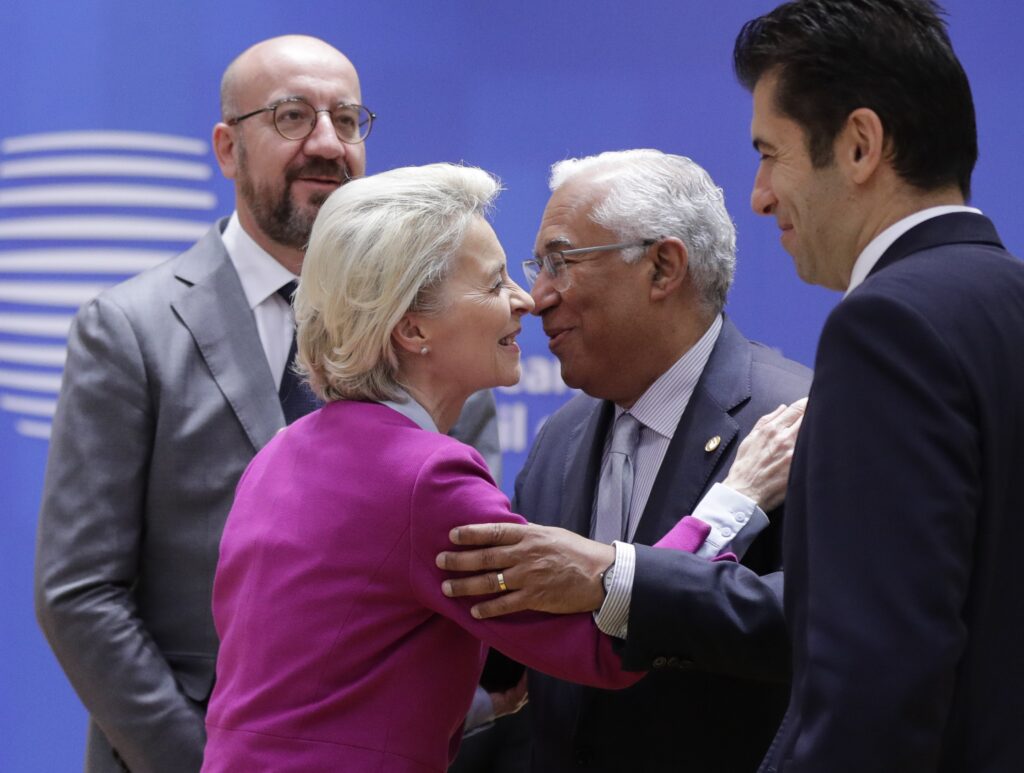
The secret, unwritten rules of the EU’s top jobs carve-up
Our team explains how the EU teeters on the brink of using undemocratic processes to appoint the in-crowd for the bloc’s top jobs. We take a look at how perilously little the European election actually affects who runs the Commission, Council and Parliament. Read the story.
France laid the foundations for campus ‘woke’ ideology. Now it’s leading a global backlash
Our editor-at-large breaks down how the French fueled America’s — and Trump’s — cancel culture against the “woke movement.” And he takes it one step further by arguing French academics were also the ones to jump-start the U.S.’s 1960s campus movements. A fascinating dissection of a transatlantic movement. Read the story.
Pope Francis has lost control of his liberal revolution
Deeply reported and compellingly written, this deep dive on the unlikely challenge to Pope Francis was one of our best-read pieces of the week. As much as conservatives have fumed and criticized, the biggest threat to his papacy is coming from those who think he’s not liberal enough. Read the story.
A bear attack in Slovakia reveals what the far right really wants
Narrative journalism at its best. Karl Mathiesen took us into the mountains of Slovakia to investigate the circumstances behind a bear attack that has roiled the country’s politics. Read the story.
Jordan Bardella’s hometown won’t be voting for him
Saint-Denis is both the hometown of far-right leader Jordan Bardella and an incarnation of everything he despises about modern France. This is such an interesting take on France’s potential next prime minister. A must-read before Sunday’s first round of voting. Read the story.
|
|
Ozempic is running short and private clinics are to blame, says EU watchdog
Weight loss drugs are in hot demand, but there simply aren’t enough to dose out the prescriptions needed. So the drugs regulator has turned to prescribers, asking them to stop doling them out to everyone — and it’s pointed the finger at private clinics. Read the story.
What a Labour government means for UK-China relations
This is an essential piece for anyone interested in U.K. foreign policy. It blends original reporting on how Labour is preparing for power with clear-eyed analysis of the challenges it could face in navigating relations with Beijing. Read the story.
Ding dong drama: Video doorbells have UK election campaigners spooked
Brilliant story about the U.K. election campaign, genuinely funny and interesting about what’s new in tech and doorstepping. Read the story.
YOUR WEEKEND PLAYLIST
EU Confidential: EU top jobs deal — French election, round 1
Straight from the European Council summit, we bring you the latest news and analysis on a range of tough issues on the leaders’ agenda. Host Sarah Wheaton is joined by POLITICO colleagues Barbara Moens and Aitor Hernández-Morales to discuss how EU leaders agreed on who they want to lead the top EU institutions over the next five years. With Ukrainian President Volodymyr Zelenskyy as a special guest at the summit, EU leaders also talked about Ukraine — following the official opening of accession talks between Brussels and Kyiv earlier this week. Finally, we speak to Clea Caulcutt, our senior correspondent in Paris. She unpacks the prospects of Sunday’s first round of snap parliamentary elections. Listen here.
Westminster Insider: The last 10 days of an election campaign
As the general election reaches its final week, host Sascha O’Sullivan takes us inside the last push of the campaign. She explores how parties use every trick of the trade, from advertising to frantic leafleting, to try to capture every possible vote and travels to the BBC debate in Nottingham where the main party leaders had one final face off. Listen here.
Power Play: Never say never: Sanna Marin’s warning to Europe on tech, populism and her career ambitions
The recent shift to the right in the European Parliament election doesn’t bode well for the continent’s dwindling band of social democratic leaders, one of the most prominent of whom, former Finnish PM Sanna Marin, was shown the door by voters last year. Finland is a country of renewed prominence due to its proximity to Putin’s Russia — which led Marin to apply to join NATO, ending decades of Finnish neutrality. Host Anne McElvoy talks to Marin about Putin’s war in Ukraine, her warning that Europe needs to do more to meet the challenges posed by big tech, and why the continent needs more female leaders. Marin also leaves the door open to returning to elected politics, with a “never say never” mantra. The conversation was recorded in front of a live audience at the recent Copenhagen Democracy Summit, which took place before the European election. Listen here.
DECLASSIFIED
That’s it, no more elections! Just make Taylor Swift prime minister. More in this week’s Declassified column.
Caption competition
|
|
““Thank you for listening. No, there will not be an encore.”“
Can you do better? Email [email protected] or on Twitter @pdallisonesque
Last week we gave you this photo:
|
|
Thanks for all the entries. Here’s the best from our postbag — there’s no prize except for the gift of laughter, which I think we can all agree is far more valuable than cash or booze.
“Look, he’s bringing on Conor Gallagher again! We’re not making it past the quarters,” by Sam Clark.
SUBSCRIBE to the POLITICO newsletter family: Brussels Playbook | London Playbook | London Playbook PM | Playbook Paris | POLITICO Confidential | Sunday Crunch | EU Influence | London Influence | Digital Bridge | China Watcher | Berlin Bulletin | D.C. Playbook | D.C. Influence | Global Insider | All our POLITICO Pro policy morning newsletters


